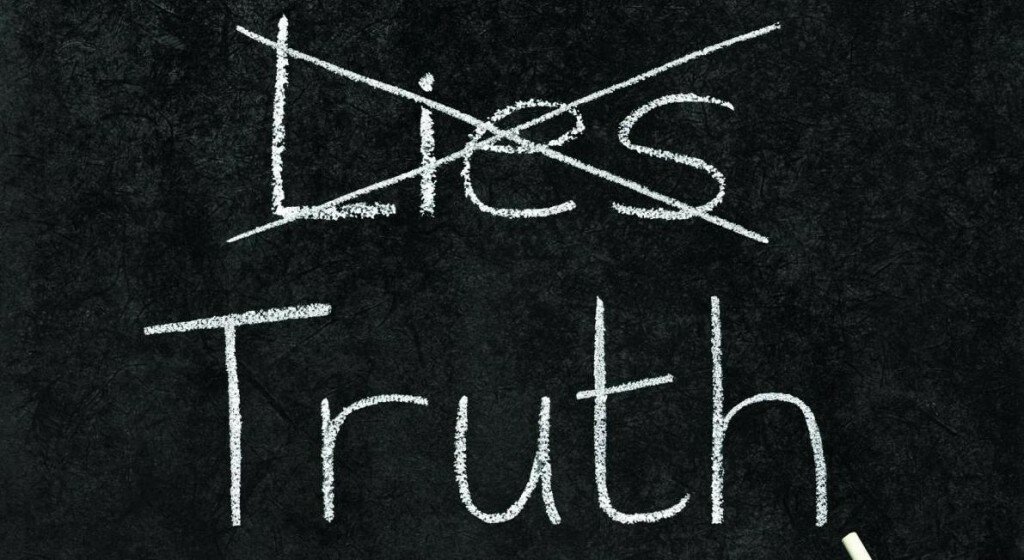Tonight is the last day of 2013, I set up this blog almost a year ago now, and this is my 50th post. Any of those three statements would be enough to justify a post looking back over the last year’s posts, so why not, eh?

This blog has become more and more important to me over the last 12 months, and here are five(ish) of the posts that have meant the most to me along the way, in the order I wrote them. You may have seen them before – if so, my apologies. But here now: my top five (again, -ish) posts!
1. Limping
The post that started it all off. If you’ve ever wanted to know why I blog at all, read here. It was my pastor, Malcolm, who I first heard using this image to describe the walk of a Christian, and I found it so very powerful.
2. Weeping the Truth in Love
This is one of three posts I have written with tears in my eyes (the others are at number 4 on this list). My reflections on my first proper pastoral visit, and the call to all Christians (including pastors and leaders) to weep with those who weep.
3. The Jesus who struggled
This is the post that has generated most interest most quickly in the whole time I’ve been blogging. It got shared a lot by many people, which I’m guessing means it struck a chord somewhere. It certainly helped me to remember some of the very real ways in which Jesus identified with our situations.
4. What I’m feeling & What Ralph taught me
OK, so this is two posts. My blog, my rules. November was a very difficult month. It wasn’t without its highs (this blog won an award, for one!), but the sudden death of our wonderful dog Ralph was truly awful. As is probably very normal, I reacted with my heart first, and then my head. These two posts capture both.
In other news, we’re getting a new dog this weekend. She won’t replace Ralph, but she’ll be wonderful in her own beautiful way.
5. “Don’t slag off my bride!” says Jesus
One of the reasons I blog is that I have lots of opinions about things, and it’s a way to share them in a way that tries to be constructive. Often these are about the church. This is an example of a message I think we all – myself included – could do with hearing. It also has some lovely pictures of my beautiful wife on our wedding day. Something for everyone.
—
That was 2013, the year I developed a limp. Thanks for reading, commenting, sharing and joining me for the ride. I have some plans for this blog for 2014 which I’m really looking forward to, so stay tuned (or, more specifically, subscribe below).
One more thing: I read a lot of blogs, but I might not have come across yours. If you blog, put the URL of your site in the comments below, and I’ll add you to my reader. Look forward to reading your stuff.
Happy New Year!




 God didn’t stay away. God entered in.
God didn’t stay away. God entered in.
 I believe Luke holds off from the main event of Christmas – Jesus’ birth – to give his readers time to realise a response is required by those who want to be part of God’s plans.
I believe Luke holds off from the main event of Christmas – Jesus’ birth – to give his readers time to realise a response is required by those who want to be part of God’s plans.



![Kung Fu Angel]](/wp-content/uploads/2013/12/Kung-Fu-Angel.png)
 It’s Advent, and I have a plan. Each Sunday in Advent, I’ll post some thoughts on the beginnings of the four Gospels. Each Gospel introduces the arrival of Jesus in strikingly different ways, and it’s worth a look! Today, Matthew!
It’s Advent, and I have a plan. Each Sunday in Advent, I’ll post some thoughts on the beginnings of the four Gospels. Each Gospel introduces the arrival of Jesus in strikingly different ways, and it’s worth a look! Today, Matthew!
 There can be a tendency for us to focus too heavily on one part of this or the other. We celebrate the splendour of Jesus, the fulfilment of everything God had promised, the revelation of God’s complete purposes. Or we are thankful that God in Jesus identifies and came near little old me.
There can be a tendency for us to focus too heavily on one part of this or the other. We celebrate the splendour of Jesus, the fulfilment of everything God had promised, the revelation of God’s complete purposes. Or we are thankful that God in Jesus identifies and came near little old me.